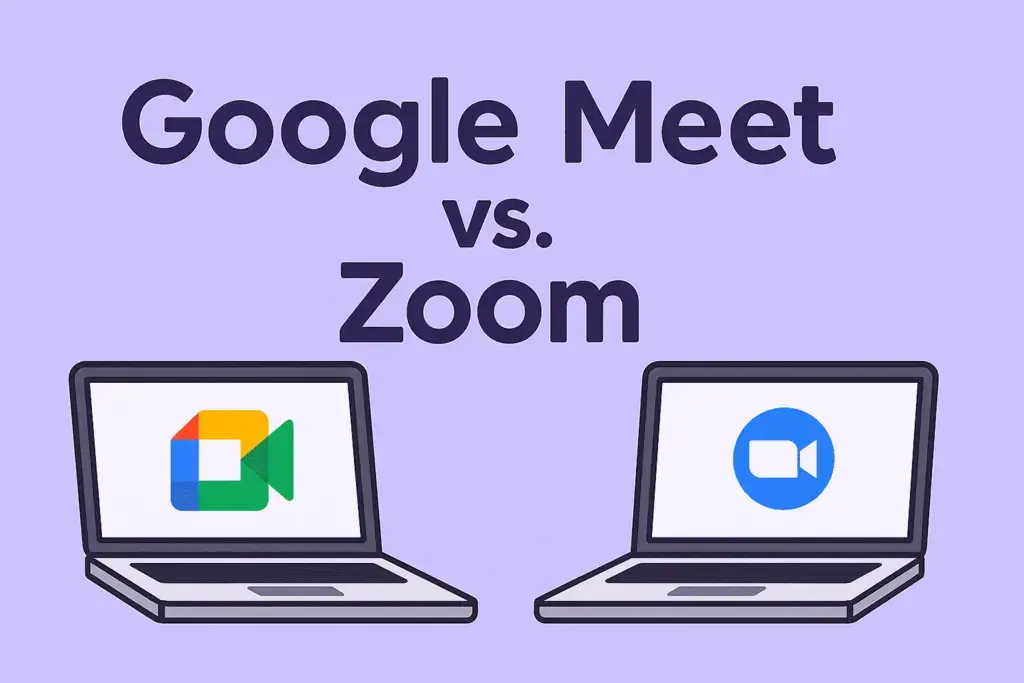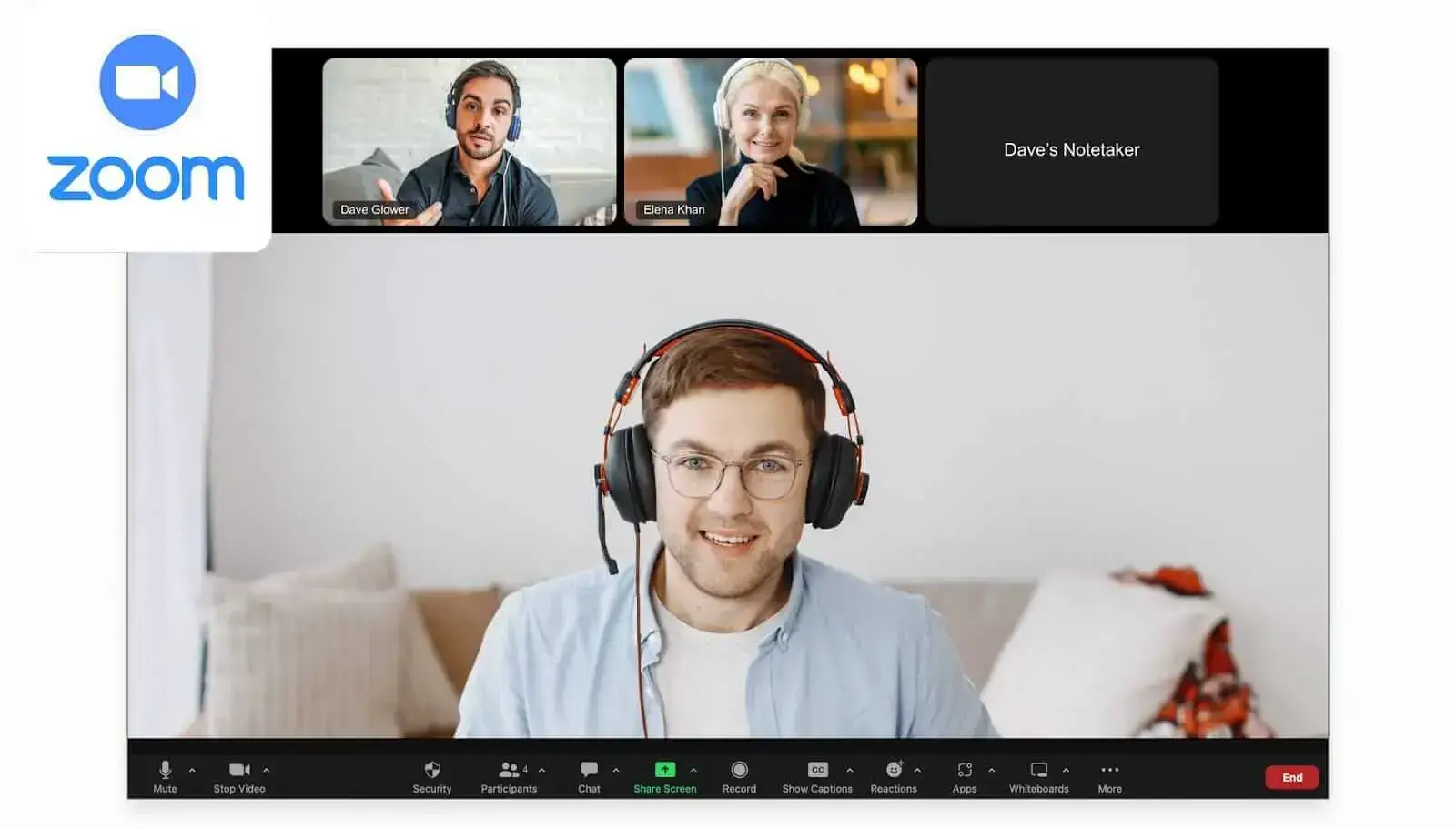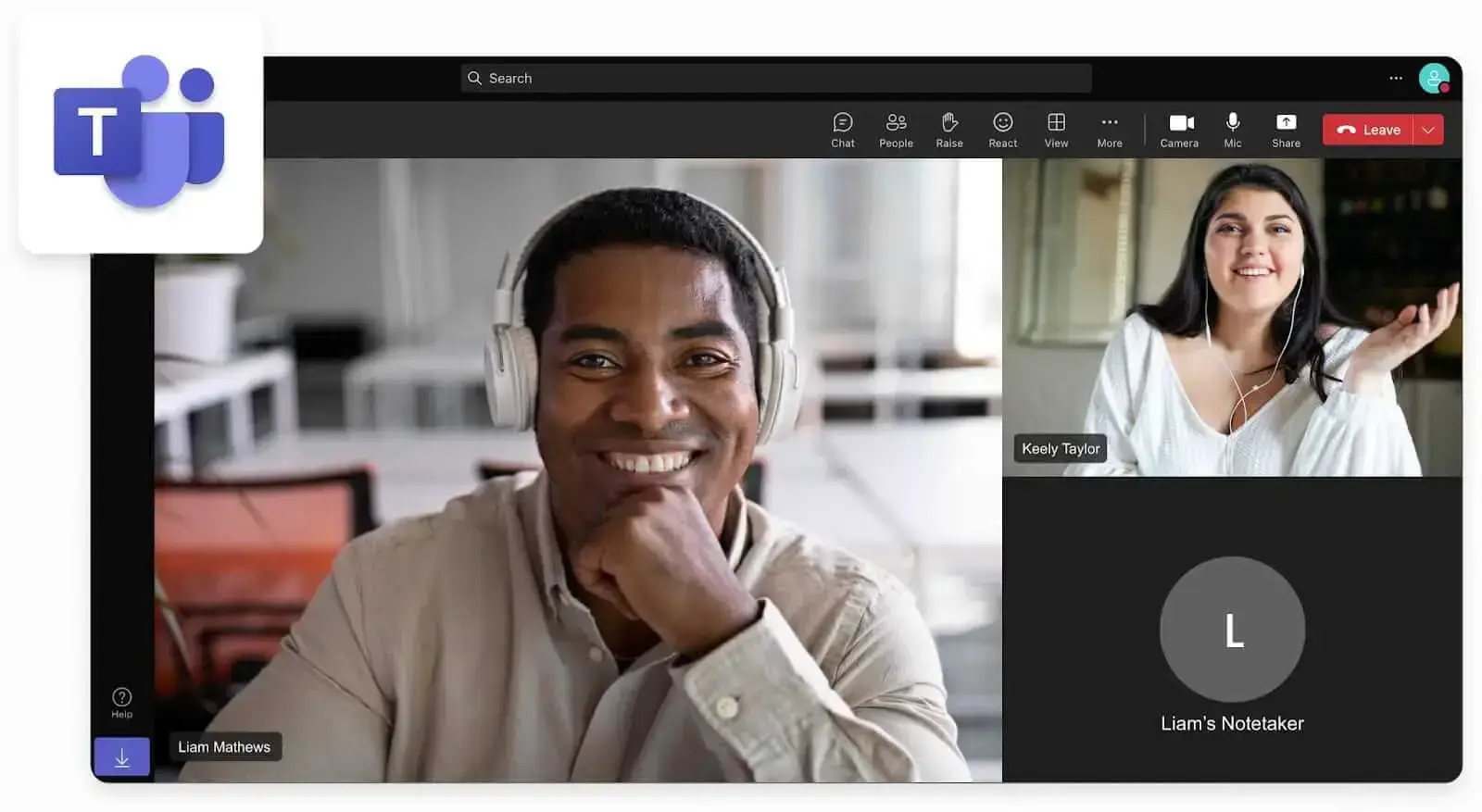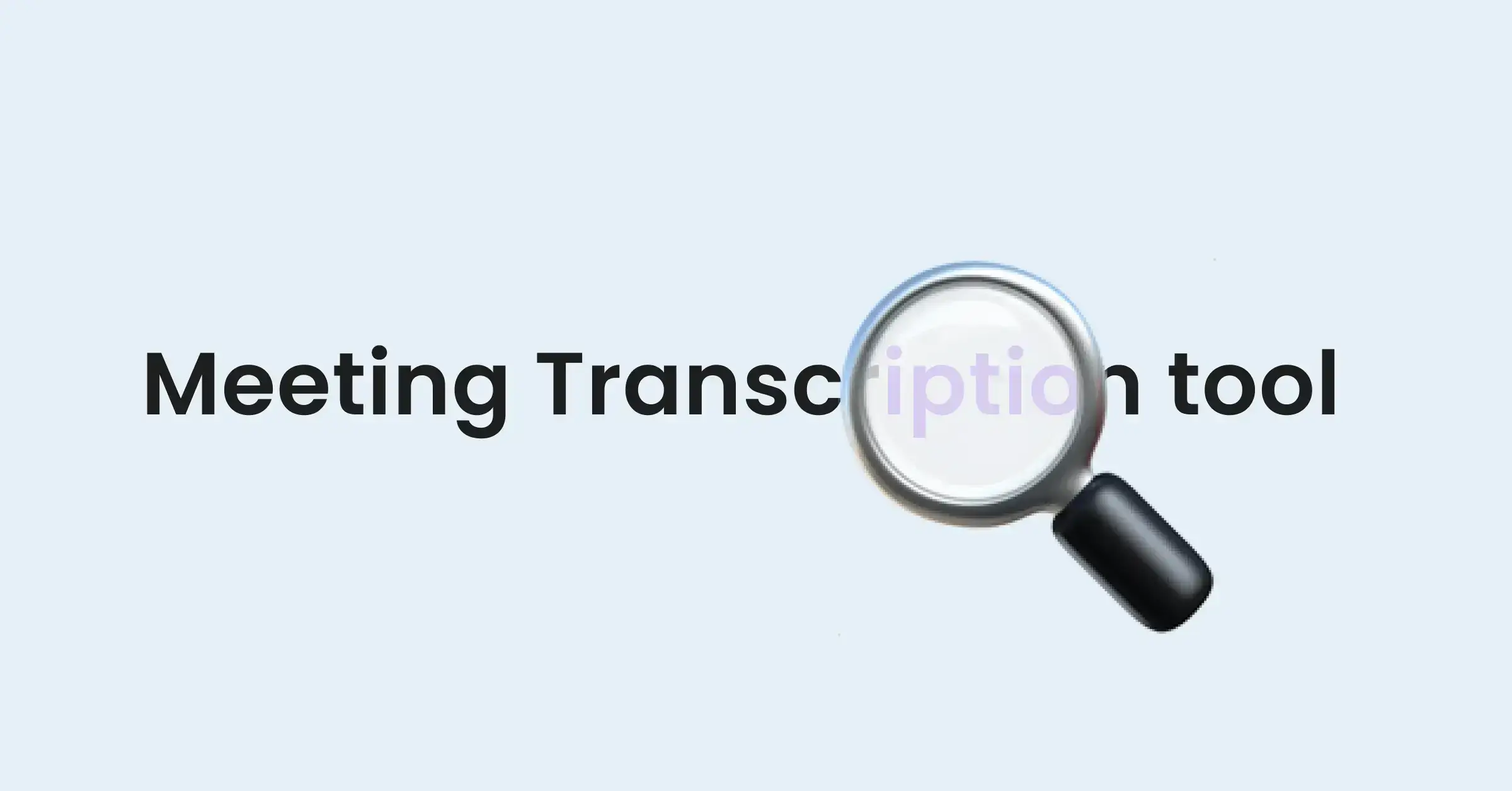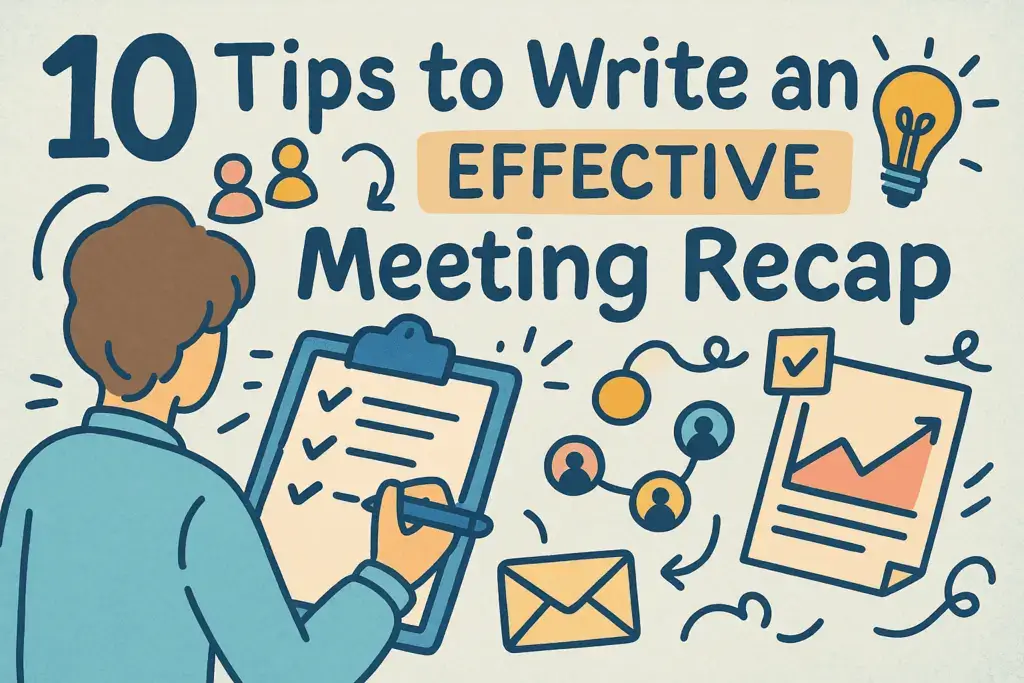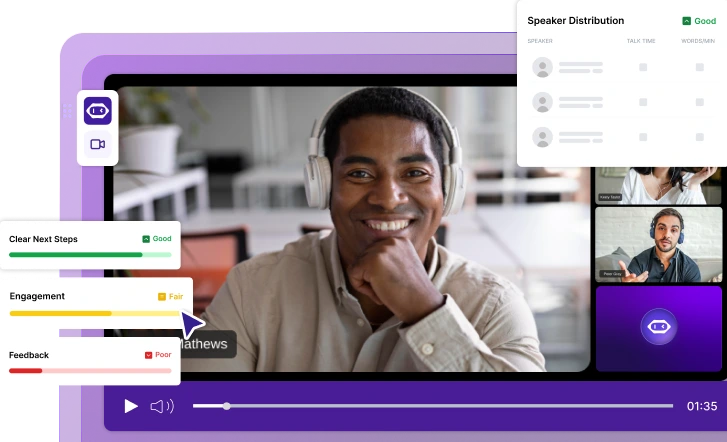10 Types of HR Screening Questions to Ask If You're a Hiring Manager
Are you trying to find the best candidate for a job posting in your company? Read this article to discover the best types of HR screening questions!

✅ Free meeting recording & transcription
💬 Automated sharing of insights to other tools.

Image Source: yanalya on freepik.com
Coming up with the best HR screening questions can be tough, especially as the pressure to find the right candidates for any job is at an all-time high. Keep reading to learn everything you need to know about conducting pre-screening interviews!
What Are Pre-Screening Interviews?
A pre-screening interview is a stage in the recruiting process that determines whether an applicant has the qualities to succeed in a position.
Screening interviews are a part of the screening process, which includes several others — such as evaluating resumes and developing a list of candidates who meet the minimum education and experience requirements.
Types of Pre-Screening Interviews
1. Phone Screen Interview
When narrowing down your list of applicants, phone screening interviews are the norm. They are less stressful for candidates, allow for easy integrations with HR systems, and provide a convenient approach to completing the interview without interruptions.
The biggest disadvantage is that you can't analyze the candidate's body language or gestures throughout the interview, making it hard to adapt your phone interview questions as things progress. Using free transcription software can help document the conversation for later review.
2. Video Screen Interview
There are two ways you can host your video pre-screening interviews:
- In real-time, using a video conferencing tool such as Teams, Zoom, or Google Meets
- Asynchronously, by providing the candidate with a set of questions and having them record themselves answering those questions.
More and more hiring managers are choosing video pre-screening interviews. Why? Because it makes it easier to connect with job candidates. The MeetGeek AI note taker allows you to fully engage in the recruitment process while it takes care of all of your note-taking responsibilities!
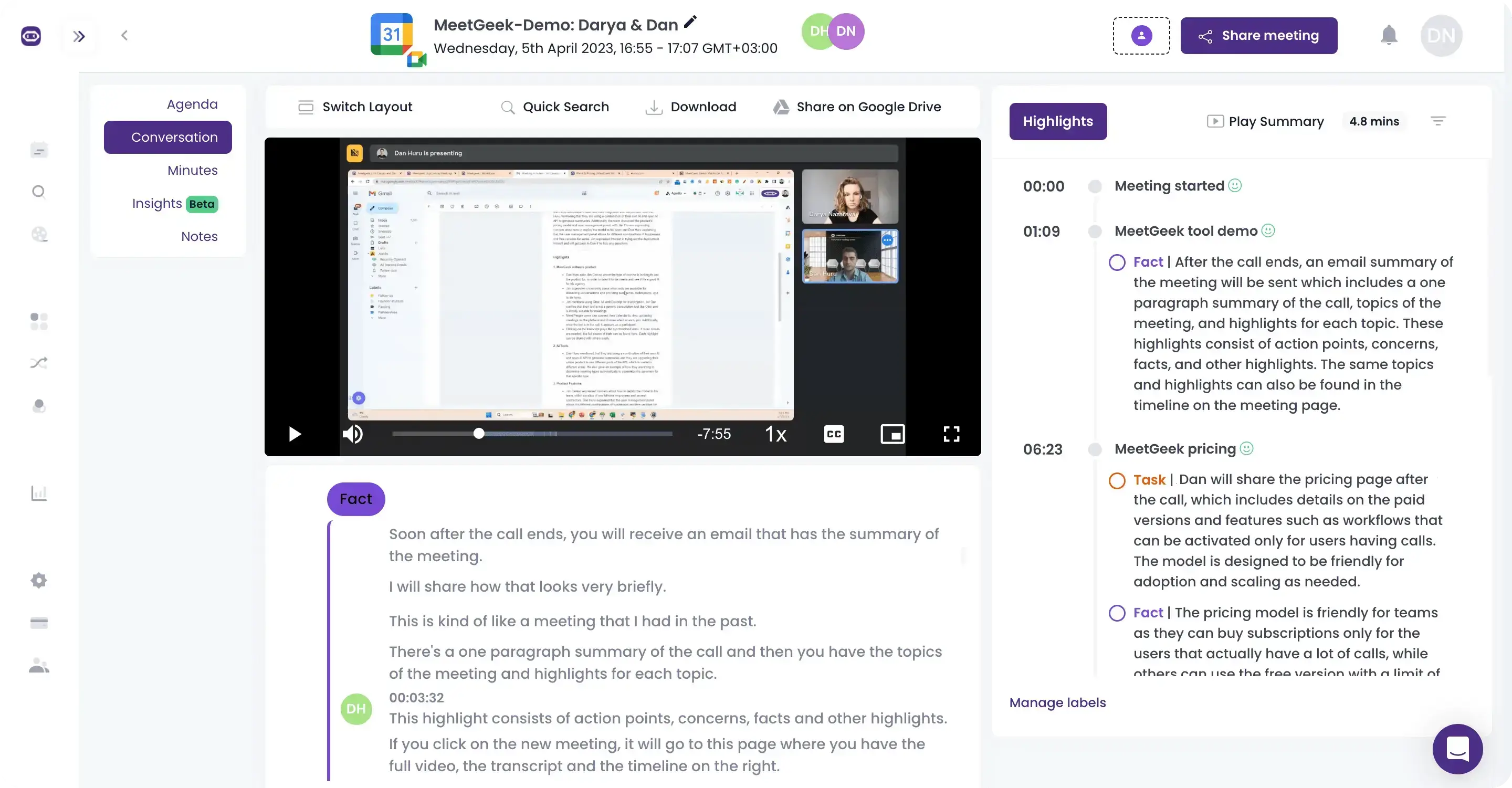
3. Questionnaire Screen Interview
Questionnaire screening interviews are a great option if you need to assess a large number of applicants quickly, as you don’t have to speak with each one individually.
The main disadvantage of this approach is that you do not personally chat with the candidate to get a sense of their personality.
5 Tips to Prepare Your Screening Questions
1. Adapt Your Application Form to the Pre-Screening Interview
You should create an application form with the pre-screening interview in mind. This way, you'll already have important information about your applicants’ education, career history, and experience before the screening process begins. Using audio transcription software can help in documenting these responses efficiently.
Depending on how a candidate fills in their application form, you can construct appropriate pre-screening interview questions. This way, you’ll be able to avoid the obvious inquiries and concentrate on what’s really important.
2. Prepare Screening Questions that Match the Job Description
While the phone screening questions we've come up with are highly customizable and can help you conduct any pre-screening interview, there are still some aspects you’ll need to determine on your own.
Are you looking for someone who can start as soon as possible? Do you need someone who is knowledgeable about a specific niche? Figure out which characteristics of the role are critical, and write questions with these requirements in mind.
3. Double-Check Resumes to Speed Up the Hiring Process
It’s always a good idea to double-check a candidate’s resume before moving forward with the interview process. Your task as a hiring manager is simplified when candidates utilize a professional resume template that clearly outlines all their skills and qualifications. Referring candidates to tools like a resume builder can help with that.
This way, you’ll be able to come up with relevant questions and follow up on anything that is unclear. This approach allows you to avoid overly generic questions and formulate more in-depth questions about your applicants’ strengths and weaknesses.
Related Articles: Resume examples
4. Remember That HR Screening Interviews Are for Filtering
Remember the format and purpose of pre-screening interviews. You can't learn everything you need to know about a candidate in 30 minutes.
That’s why, at this point in the process, you should focus on eliminating those who don’t fit the job description rather than finding the best person for the position.
Keep things as simple as possible, and save the in-depth questions for the in-person interview.
5. Stick to the Script
It is impossible to plan every detail of an interview. The direction of the dialogue can change, depending on the responses of the candidates.
However, it's a good idea to have a basic interview script on hand, to know which questions to ask. Using an AI notetaker can ensure you remember all the questions you planned to ask. Keep in mind that asking the same key questions to all candidates makes the process more equitable.
It can be hard to remember which questions you asked and when, especially if the interview process involves multiple steps. That’s why we created Meeting Templates, the feature that automatically identifies and categorizes every part of your meeting, based on the keywords you provide MeetGeek with.
Moreover, our templates streamline the decision-making process for candidate sourcing, making it easier than ever to make decisions regarding your candidates.
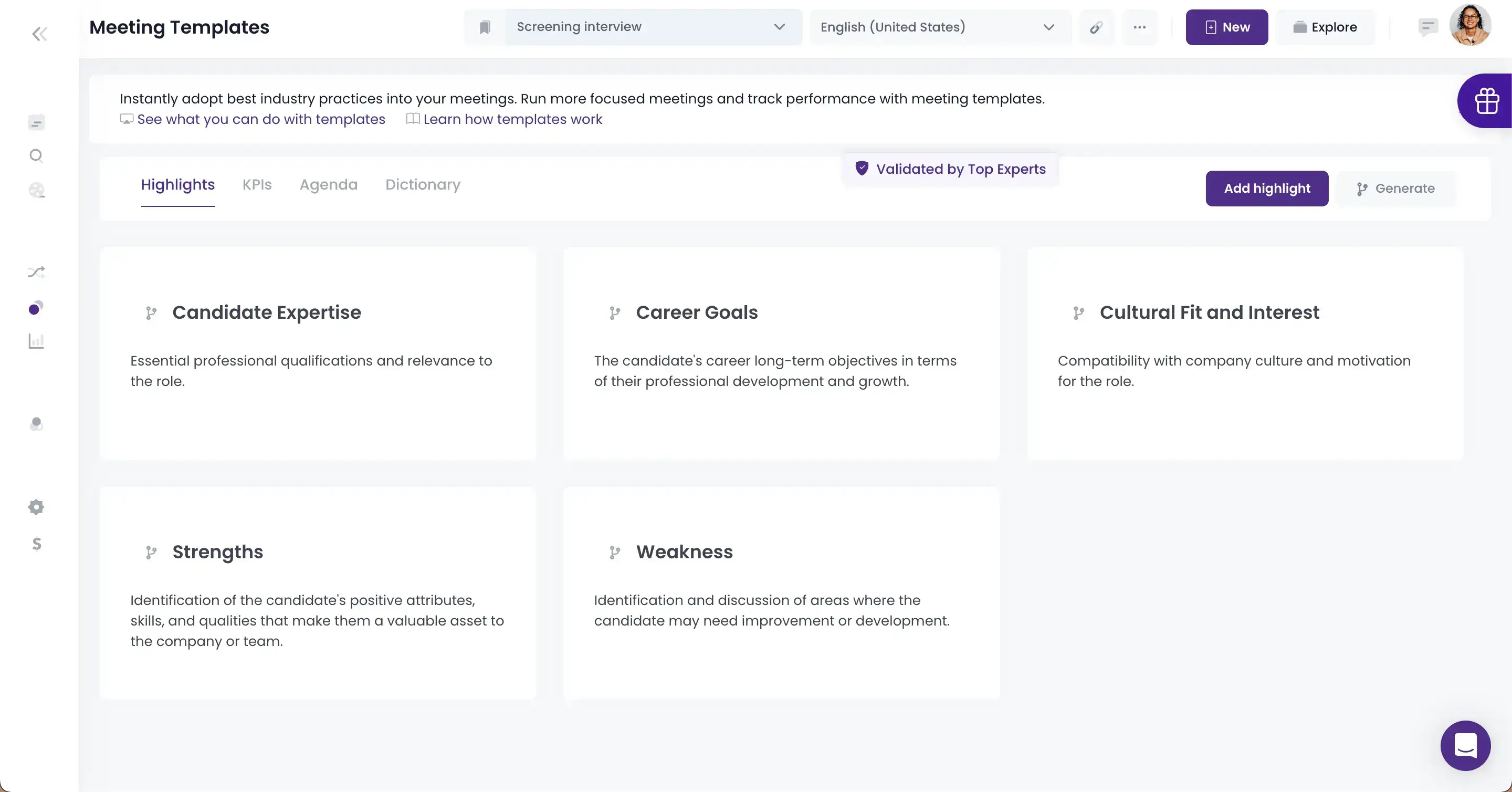
10 Types of Pre-Screening Interview Questions to Ask as a Hiring Manager
To help you ace pre-screening interviews, we are going to break down these types of pre-screening interview questions into different categories/groups:
- Generic questions
- Previous work experience
- Why our company
- Work environment questions
- Work style questions
- Time management questions
- Questions about responsibilities
- Questions regarding organizational skills
- Personal development questions
- Questions on salary expectations.
Let’s take a look at every single one of them!
1. Generic Questions
Many people find screening interviews stressful. Start the pre-screening interview with easy, generic questions, and you'll get a better idea of what your candidate is capable of. Moreover, based on your candidate’s answers, you’ll be able to adjust the direction in which the interviewing process continues.
Here are a few questions to ask at the beginning of the interview:
- Could you please tell me a bit about yourself?
- What are you passionate about?
- What is your motivation for looking for a new job?
2. Previous Work Experience
Previous work experience and professional achievements are closely related to how well a candidate could perform their job if offered the position. Moreover, this is the perfect time to clarify anything from their resume you’re unsure about.
Here’s what to ask about previous work experience:
- How can your work experience and skill set benefit you in this position?
- What was the most difficult challenge you experienced at your previous job? How did you overcome the issue?
3. Why Our Company
An important thing you must know is why an applicant chose your company.
Interviewees who are already familiar with your company have an idea of how things work and what are your organization’s expectations, and probably already have experience in the industry. Hiring someone who is familiar with the job duties will save you training resources.
Questions to ask during pre-screening interviews include:
- Why do you want to work at our company?
- What about this position piqued your interest?
- How well do you know our company and what we do?
4. Work Environment Questions
These are the questions you need to ask to make sure a candidate will seamlessly integrate into the company’s culture.
To have a better understanding of their former environments, it is essential that you inquire about the type of atmosphere they prefer and their previous experiences.
Here are a few pre-screening interview questions to help you comprehend a candidate's job expectations:
- What management style works best for you?
- What are your expectations in terms of company culture?
- What is your ideal work environment?
5. Work Style Questions
If a candidate is used to working alone, they may struggle to transition to a collaborative role within a team of people who must work together on their projects.
To accurately assess an applicant’s preference for individual or collaborative positions, as well as their interpersonal skills, consider asking these questions:
- Do you like working individually or as part of a team?
- Can you give an example of a time when you had to work as part of a group? What exactly were your duties?
- How do you handle conflict when working in a team?
6. Time Management Questions
A crucial element to consider when hiring someone new is how they manage their time, how well they handle pressure, and if they’re able to meet their deadlines. This way, you can make sure they align well with your company’s expectations.
Some great questions to determine a person's ability to meet deadlines include:
- Do you have prior experience with multiple projects that are due at the same time? How did you handle that situation?
- Have you ever missed a deadline? What caused the delay?
- Did you have to meet a lot of deadlines in your last job?
- What steps do you take to avoid missing deadlines?
7. Questions About Responsibilities
As a hiring manager, you have to make sure that your ideal candidate can handle their job responsibilities. This is particularly important, given that different companies have varying requirements for the same position.
Asking your candidate to outline the tasks and responsibilities they had at their previous positions will give you a clear understanding of what you need to know.
Some useful pre-screening interview questions to ask about duties include:
- What responsibilities did you have at your previous job?
- What tasks did you have to fill in your prior position that you believe will be valuable in this position?
8. Questions Regarding Organizational Skills
It can be difficult to assess a person's organizational skills, especially over the phone. If you opt for video screening interviews, you can get an idea about how organized your candidate is by paying attention to their surrounding environment.
To further examine one’s skills in this area, ask the following questions:
- Do you have prior experience working on multiple projects at once?
- How do you organize and prioritize your tasks?
- What steps do you take to make sure you finish a project on time?
9. Personal Development Questions
When determining a person's ability to fill your available position, also examine how they feel about their soft skills.
Personal and professional development are closely connected. People who are willing to learn new methods and skills for their personal development are more likely to perform well at their job and adapt faster to the company's culture.
Questions to ask about a person's personal development include:
- What are your personal growth objectives?
- What do you do to actively pursue your personal development?
- How does this role assist you in achieving your objectives?
10. Questions on Salary Expectations
While it’s crucial to determine whether a candidate is a right fit for the job and your company, if the candidate’s expectations are outside your salary range, moving forward with the hiring process will be a waste of time.
Asking this question during a screening interview will guarantee that everyone’s financial expectations are in sync. Here are a couple of ways to ask about this:
- What are your salary expectations for this job?
- What particular benefits do you value?
HR Screening Interview Red Flags
Start each prescreening interview with a positive attitude and an open mind. Assume the best of your top candidates in terms of honesty and integrity. Be aware that sometimes, however, a candidate may misrepresent their talents and professional experience.
Here are a few possible red flags to look out for:
1. Lack of interest
2. No questions
3. Negative comments about previous employers
4. Excessive focus on salary.
Let’s take a look at what each of the means.
1. Lack of Interest
During the screening interview, does the applicant seem enthusiastic about the possibility of working for your company, or does it appear that they are only physically present? If the latter applies, consider looking for the next applicant that fits your criteria.
2. No Questions
Although it's not a dealbreaker, most candidates should have at least one or two questions regarding the job or the company, especially towards the end of the call. Having questions for the hiring manager indicates not only the applicant's genuine interest in the position but also how well they prepared for the call.
3. Negative Comments About Previous Employers
Such conduct is disrespectful and exhibits a lack of tact and diplomacy, two crucial soft skills in any professional setting. This type of demeanor could also suggest that the applicant accepts no accountability for their own role in the dynamics of the workplace.
4. Excessive Focus on Salary
During a screening interview, a candidate who constantly brings up compensation or benefits may be more interested in the financial aspect than the actual position and employer.
Following Up After Phone Screening Interviews
After screening interviews, it is time to pick which candidates will advance to the next round of interviews. Use any notes you took during this phase of the hiring process to select the applicants who satisfy the recruiting criteria and fit within your company’s culture.
Carefully and critically analyze any candidates who meet the academic and experience requirements but exhibit red flags. You may still consider them for an extensive interview if they have different preferences in work environment and management style, but have the necessary skills required to succeed.
Find the Most Qualified Candidates Today!
As a hiring manager, you already know the implications of finding the best candidate for an open position within your company. Pre-screening your prospects using these 10 types of questions will make the hiring process easier than ever!
.avif)




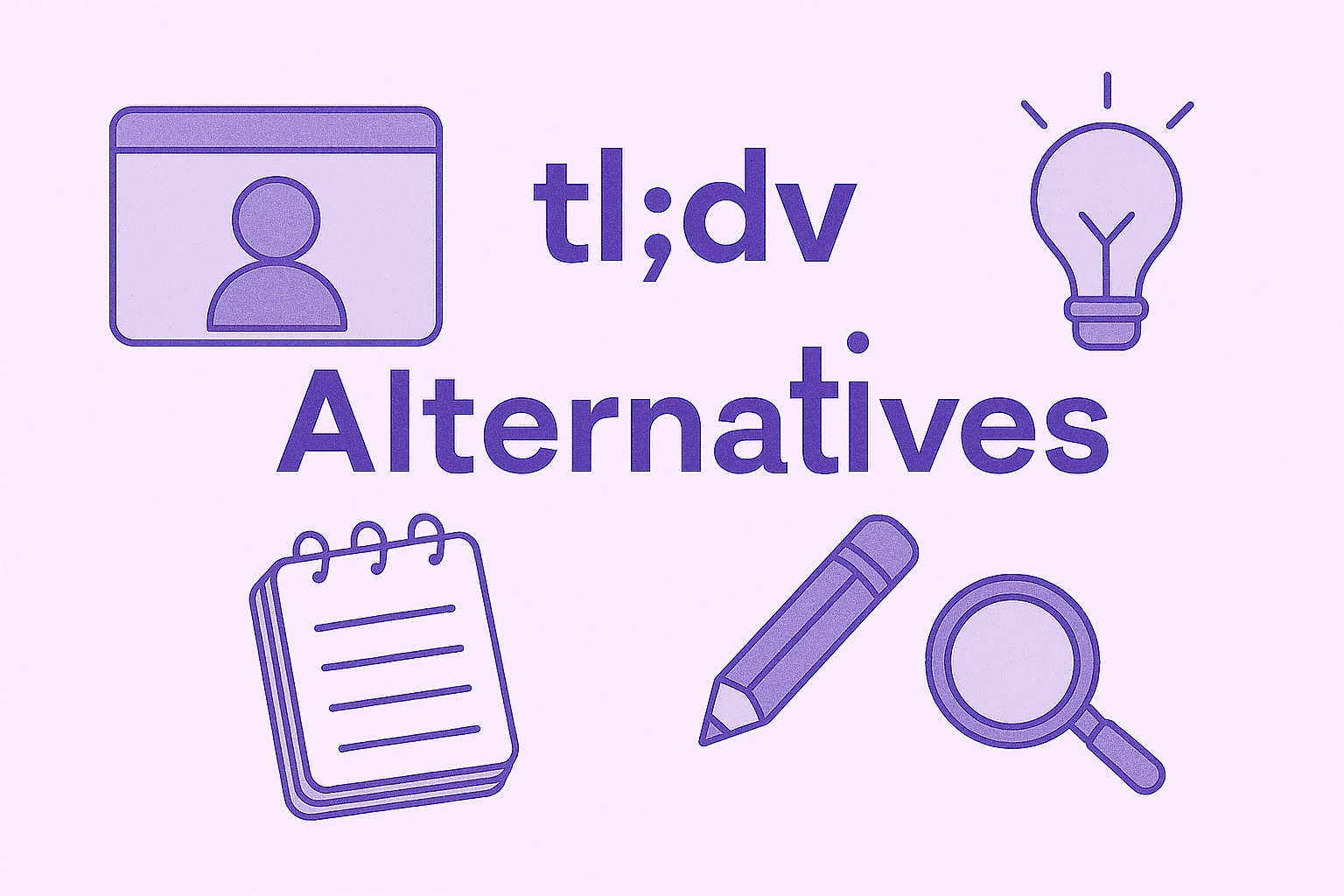
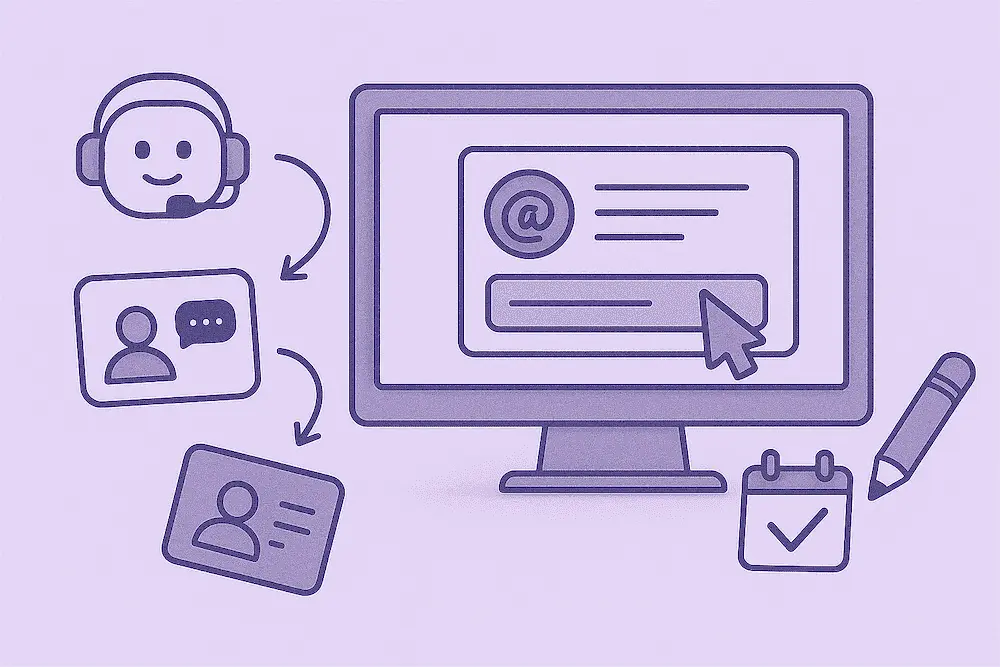

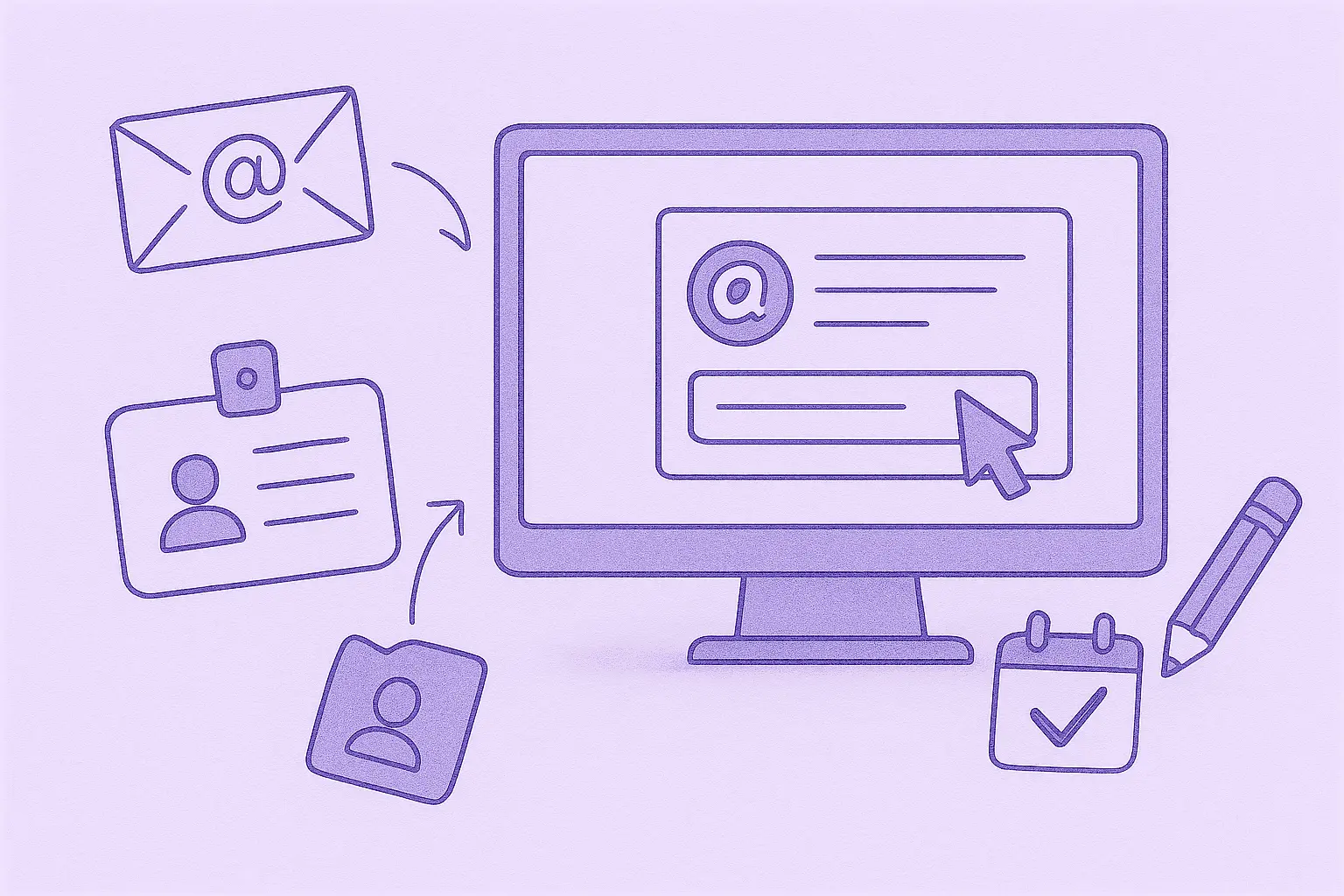



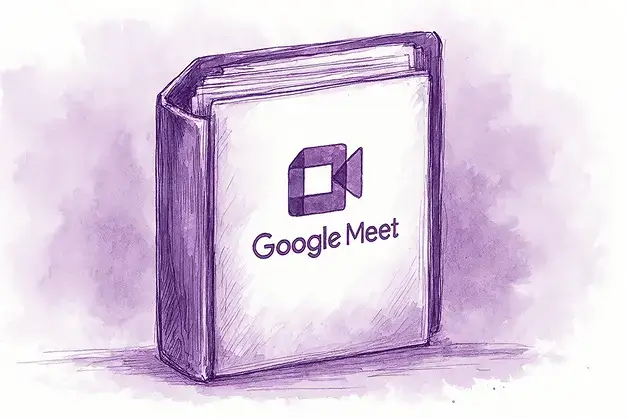

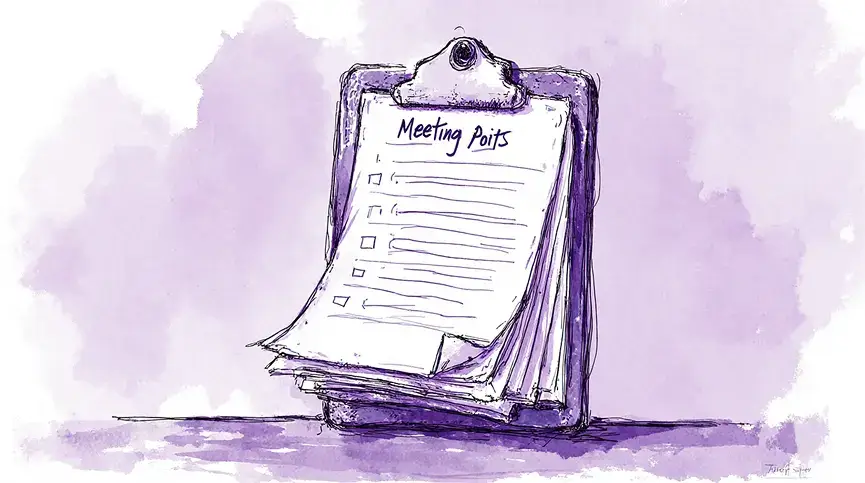
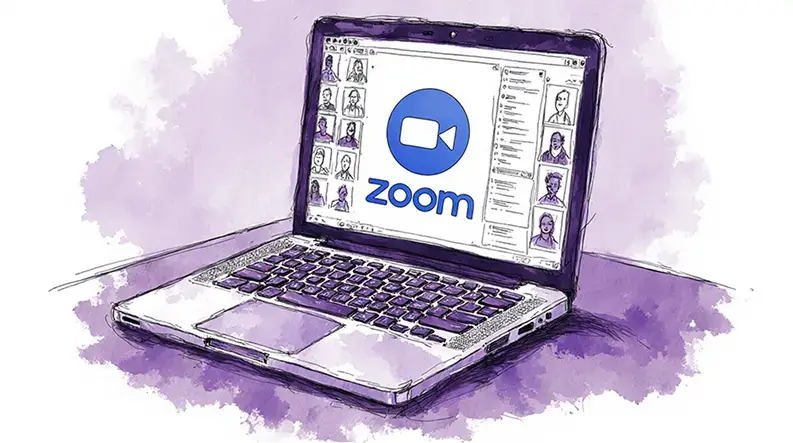


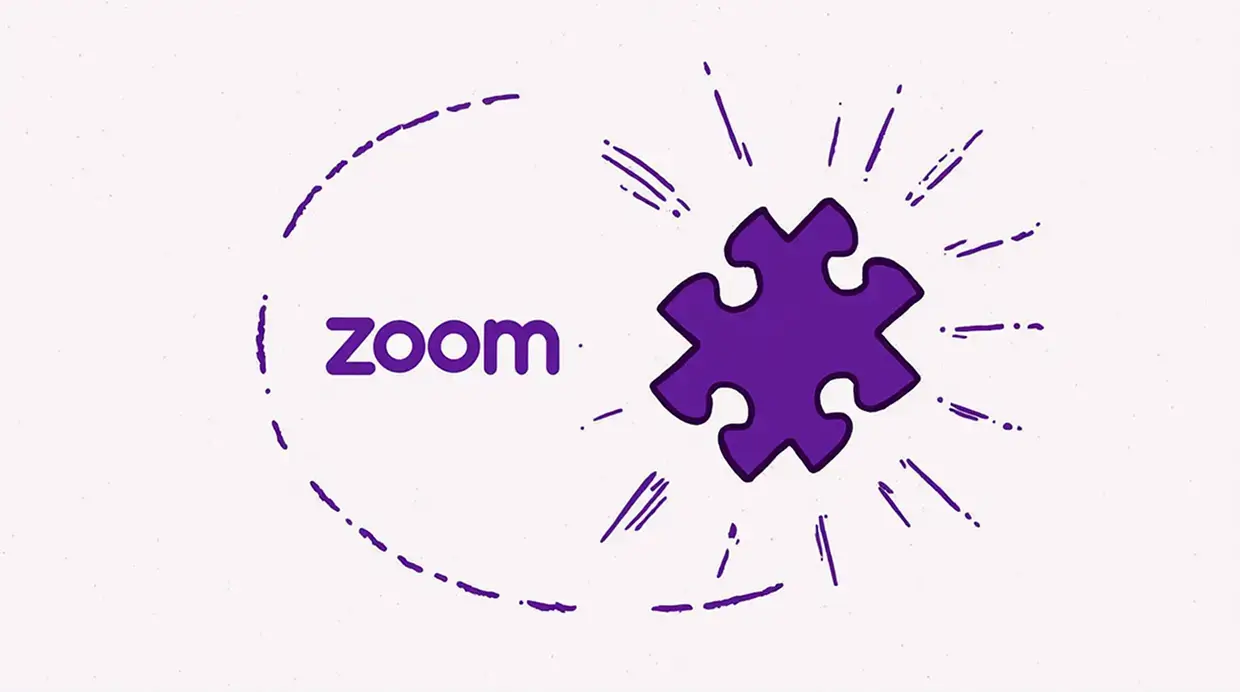





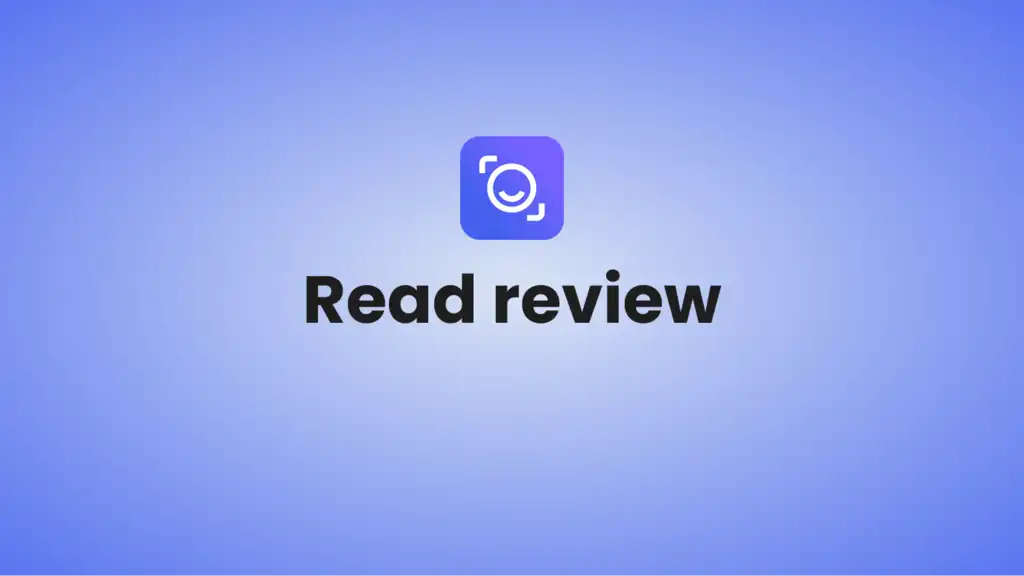


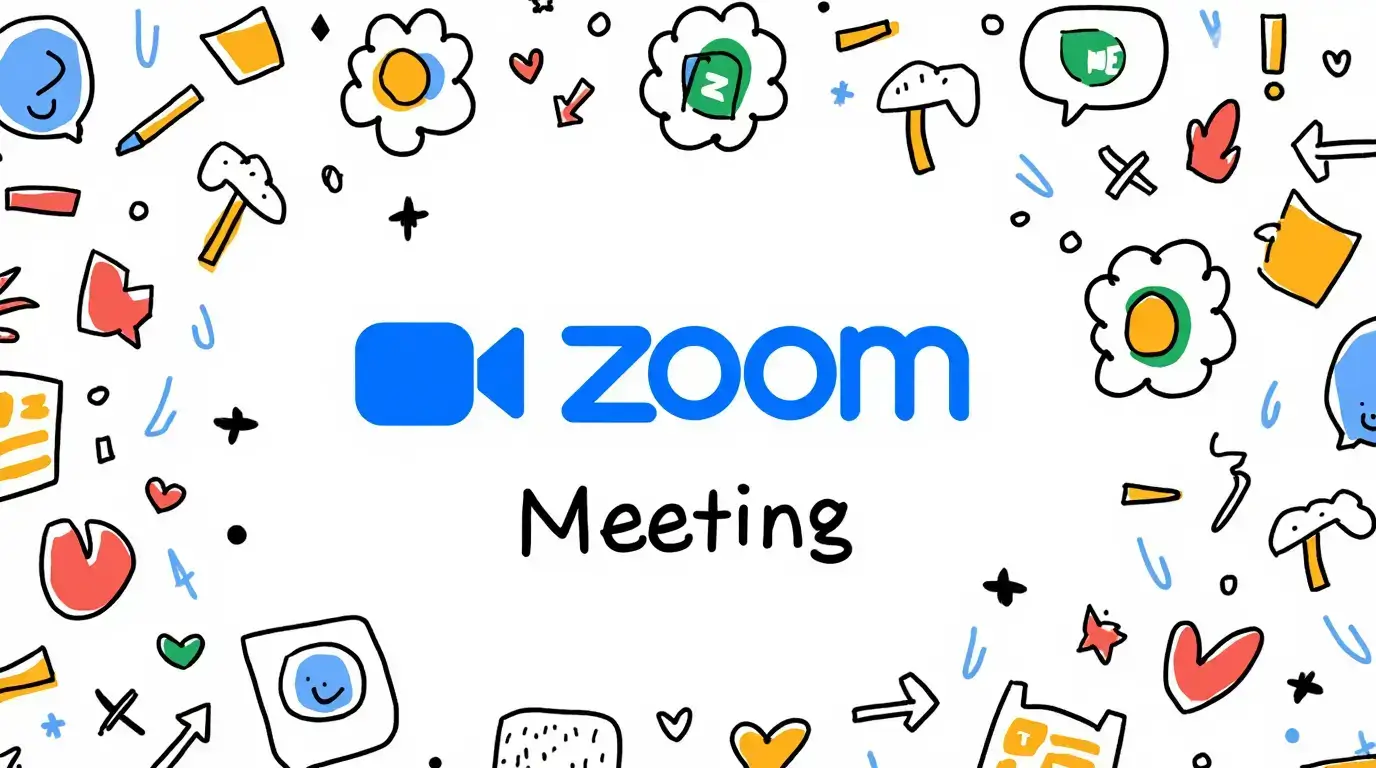




.png)




